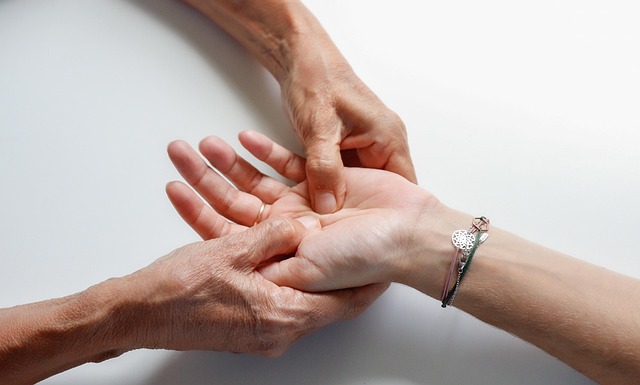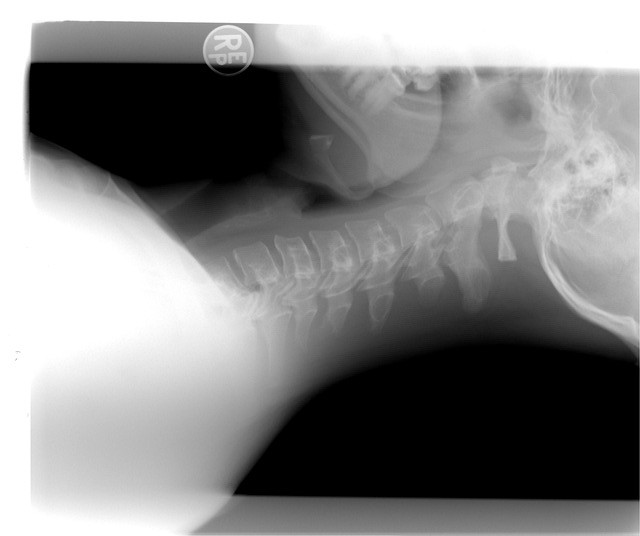In 1998, Gordon, et. al., conducted study at a community hospital family practice residency program in Pennsylvania, researchers investigated the potential effectiveness of therapeutic touch as an alternative medicine modality for treating osteoarthritis of the knee. Osteoarthritis is a common degenerative joint condition that affects millions of individuals worldwide, causing pain and impaired function in the affected joints. With limited treatment options available, exploring alternative therapies like therapeutic touch becomes crucial.
The study employed a single-blinded randomized control trial design and recruited participants aged between 40 and 80 years, who had received a diagnosis of osteoarthritis in at least one knee. Patients with prior knee replacement or any other connective tissue disease were excluded from the study. The participants were randomly assigned to one of three groups: therapeutic touch treatment, mock therapeutic touch, or standard care (control group).
To evaluate the impact of therapeutic touch, the researchers measured pain levels, functional improvement, general well-being, and overall health status using standardized and validated instruments. Additionally, they conducted qualitative depth interviews to gain further insights into the experiences of the participants.
A total of twenty-five patients successfully completed the study. The analysis revealed significant differences between the treatment group and the placebo and control groups. Patients who received therapeutic touch exhibited a remarkable decrease in pain levels and a notable improvement in knee function compared to those in the placebo and standard care groups. The qualitative depth interviews further confirmed these positive outcomes, emphasizing the potential benefits of therapeutic touch for osteoarthritis patients.
Despite the limited sample size, the results of this study provide encouraging evidence of therapeutic touch’s efficacy in managing osteoarthritis-related pain and functional limitations. This alternative medicine modality showed promising results, warranting further investigation through larger-scale clinical trials to validate and strengthen these findings. It is crucial to subject alternative therapies like therapeutic touch to rigorous scientific scrutiny, as they may hold valuable benefits for patients with limited treatment options. By continuing to explore such alternative approaches, the medical community can expand its arsenal of therapeutic interventions and improve the quality of life for individuals suffering from osteoarthritis and other chronic conditions.
Reference: Gordon, A., Merenstein, J. H., D’Amico, F., & Hudgens, D. (1998). The effects of therapeutic touch on patients with osteoarthritis of the knee. Journal of Family Practice, 47, 271-277.




